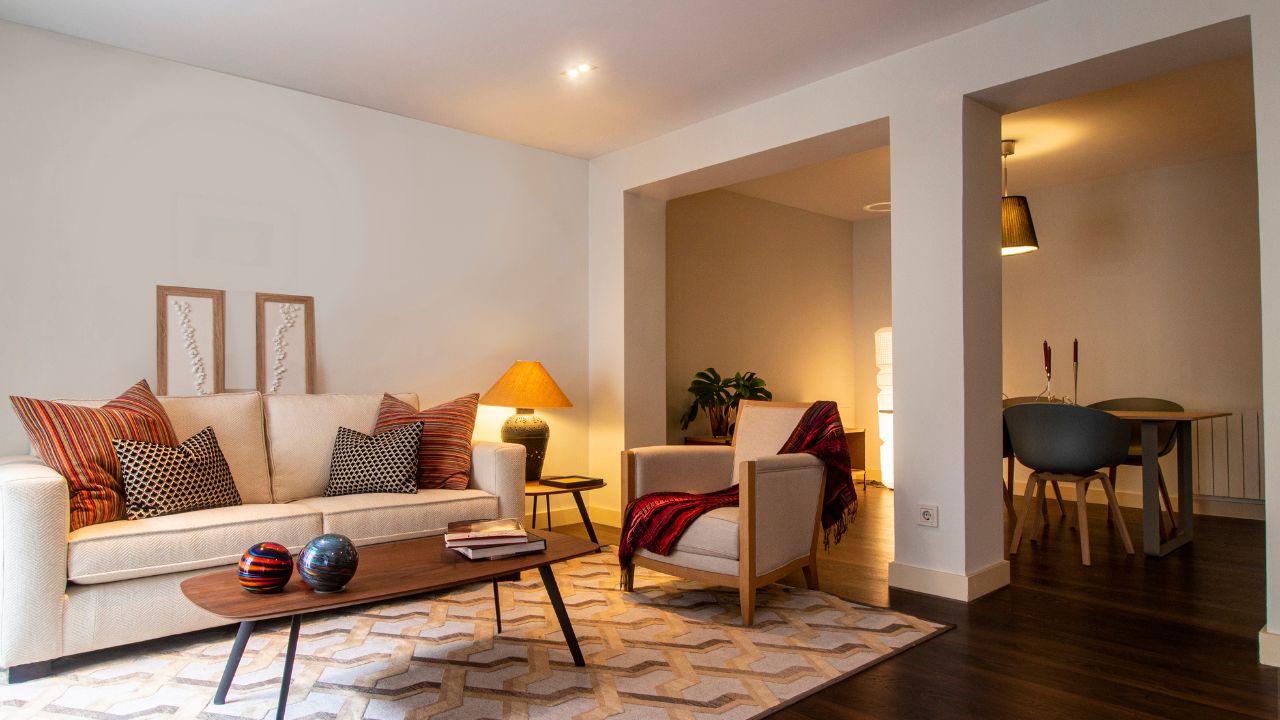Feng Shui, an ancient Chinese art, is not just about placing objects for good luck; it’s a deeper practice of harmonizing with your environment. This concept, especially when applied to your home, can significantly enhance your living space’s energy. Let’s dive into how you can implement Feng Shui for your house, transforming it into a harmonious haven.
Understanding and Utilizing Qi
Qi, the life force in Feng Shui, is the backbone of this practice. It’s about the energy that nurtures and governs all living things. In your home, Qi should flow smoothly, bringing positive energy. To achieve this, start by looking at your living environment. It’s everywhere around you, waiting to be harnessed.
Declutter for Positive Energy
Firstly, focus on decluttering. A clutter-free space allows Qi to flow freely. This means keeping your living areas, especially near the entrance, spacious and clear. Remember, a cluttered space can lead to a cluttered mind.
Embrace Natural Light
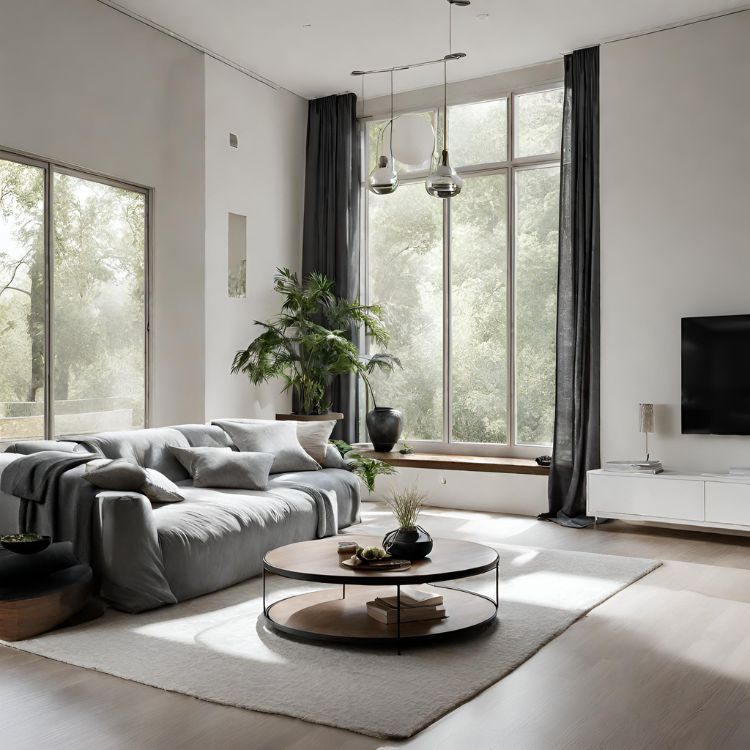
Natural light is a powerful source of positive energy. Ensure your home, particularly the living room, receives ample sunlight. Avoid heavy curtains that block this natural energy source. Sunlight not only brightens your space but also brings in life-giving energy.
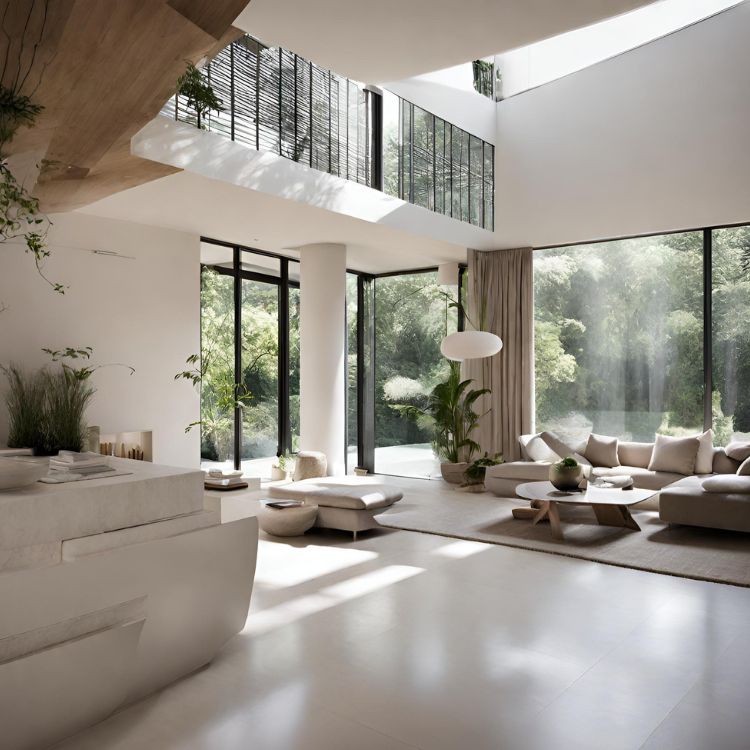
Kitchen Feng Shui
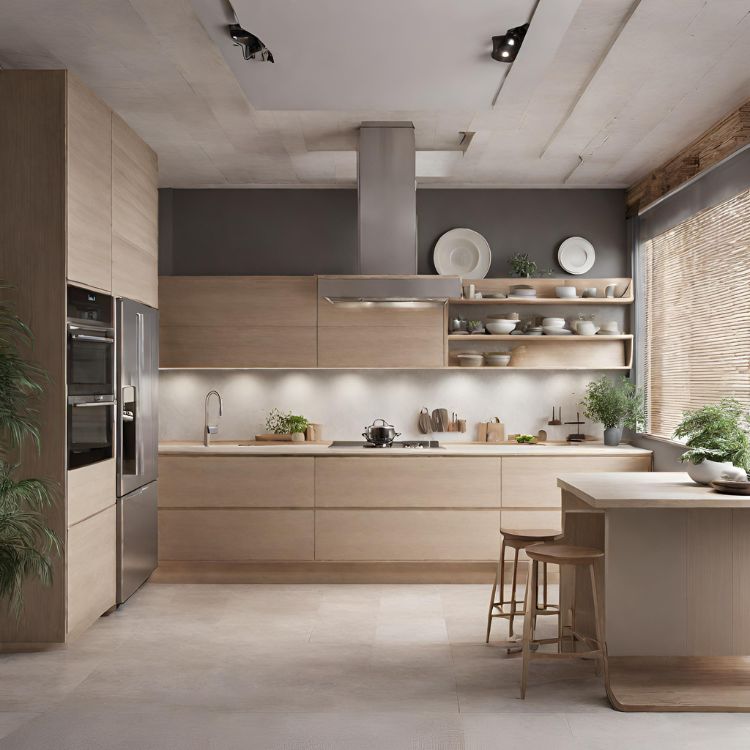
Your kitchen is crucial, especially if you cook and eat at home regularly. Ensure harmonious Qi flow here. Avoid placing your stove on an island in the center of the kitchen, as it exposes it to negative Qi. Instead, position it against a wall for stability.

Bedroom Harmony

Your bedroom should be a place of rest and rejuvenation. Position your bed against a solid wall for support and avoid placing it directly in line with the door. This setup promotes restful sleep, which is essential for good health and well-being.
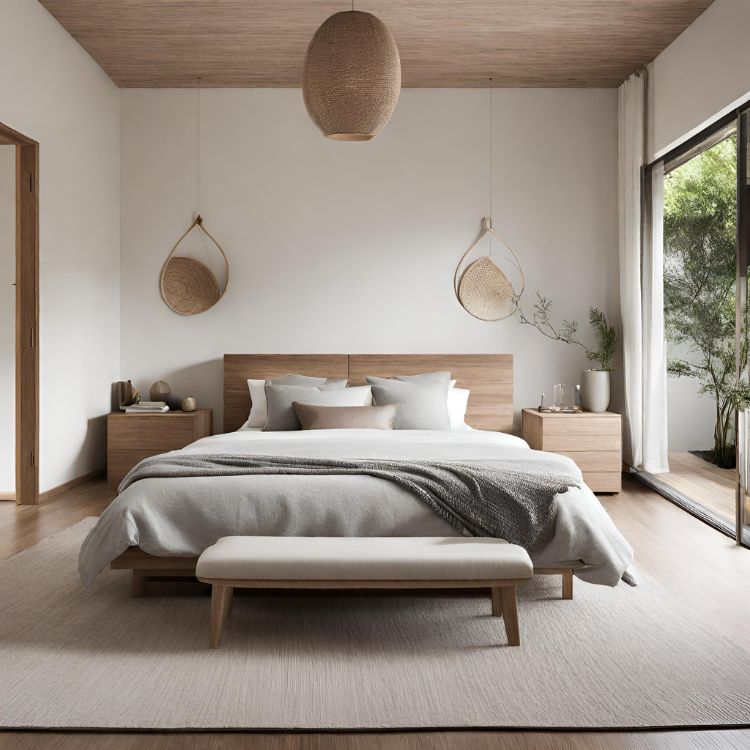
Study Room Setup
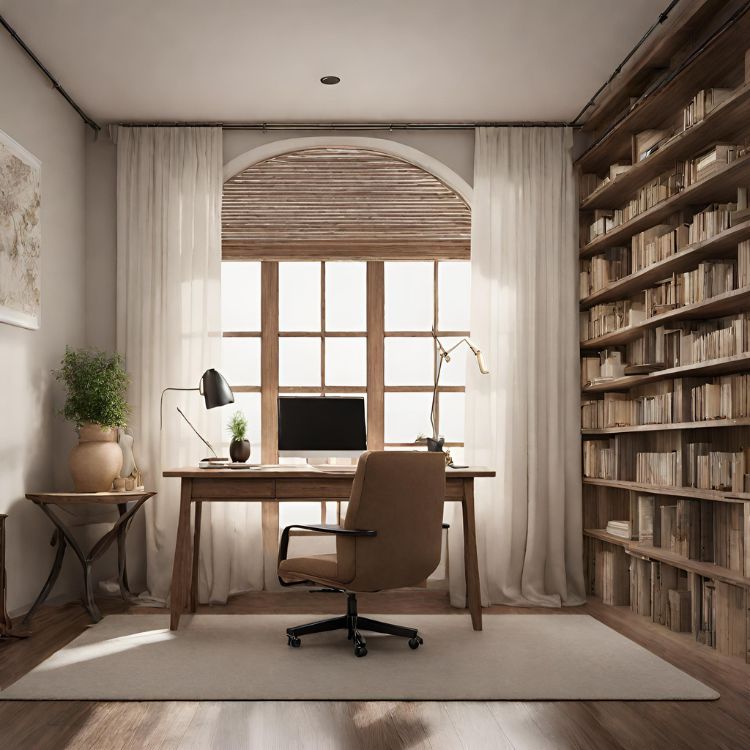
For your study or workspace, position your desk with your back towards a wall. This represents support and stability, crucial for focus and productivity. Also, ensure your desk isn’t facing the door directly, as this can lead to a rush of energy that’s too strong.
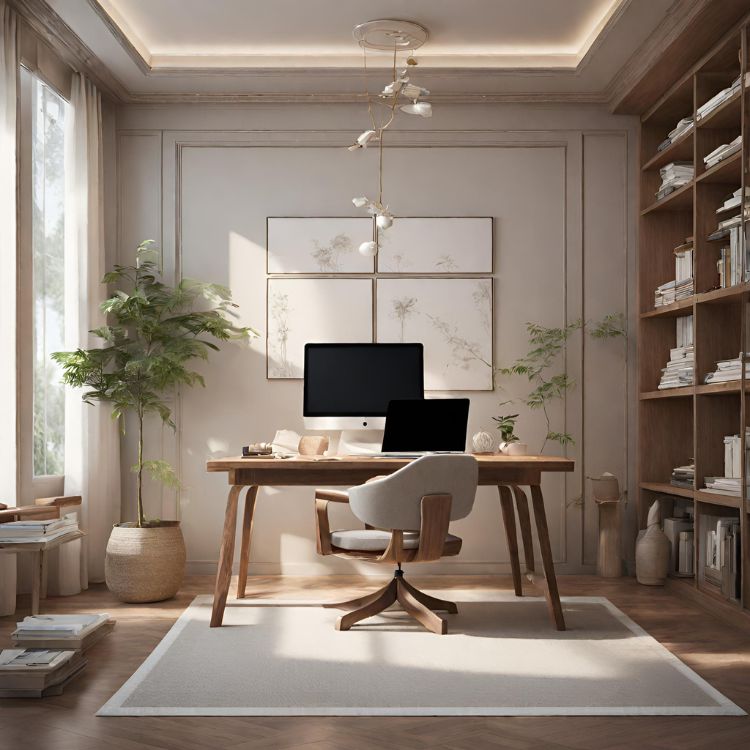
Regular Maintenance
Lastly, regular maintenance of your home is key. It’s not just about fixing what’s broken; it’s about ensuring the energy in your home remains positive and flowing. A well-maintained home reflects a well-maintained life.
Rea More Maybe yo like Feng Shui for Winning Money: How to Boost Your Luck Future
Bringing Balance to Every Room
Living Room Feng Shui
In Feng Shui for your house, the living room holds significant importance. It’s where Qi first enters. Keep this area bright and airy. Open windows often to let in fresh air and natural light, vital for a vibrant and healthy energy flow.
Bathroom Energy
Bathrooms can be tricky in Feng Shui, as they’re often associated with energy drainage. To counter this, keep your bathroom clean and well-ventilated. Adding plants can also help balance the water element.
Dining Room Harmony
The dining room, a place of family gatherings, should feel welcoming and warm. A round or oval table promotes a smoother flow of energy and conversation. Soft, warm lighting can enhance the room’s comforting energy.
Outdoor Spaces
Don’t forget your garden or balcony. Outdoor spaces should be well-kept, as they contribute to your home’s overall energy. Plants and water features can create a sense of tranquility and connection to nature.
Feng Shui Decor
When it comes to decor, simplicity is key. Choose items that bring you joy and peace. Artwork that depicts nature can bring the outside in, enhancing the Qi. Mirrors can be used strategically to expand spaces and reflect positive energy.
Color Choices
Colors have a profound impact in Feng Shui. Choose colors that reflect the energy you want to invite. Soft, earthy tones can create a grounding effect, while blues and greens can bring calmness and relaxation.
In conclusion, applying Feng Shui to your house is about creating a space that resonates with positive energy and harmony. It’s a journey of making the most out of what’s around you, enhancing your living environment for a better quality of life.

